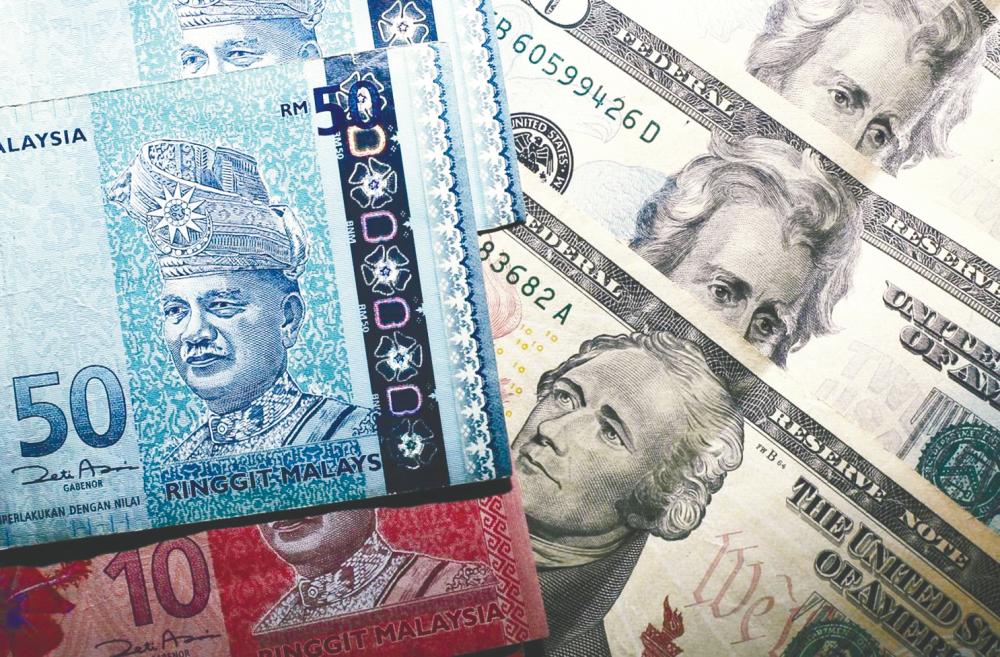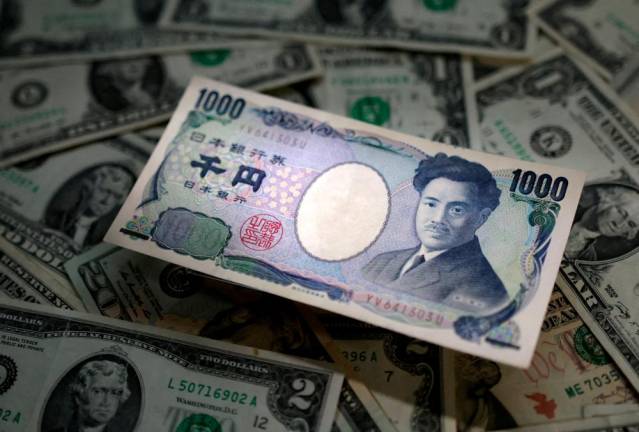PETALING JAYA: Bank Negara Malaysia’s (BNM) decision to cut the Overnight Policy Rate (OPR) to a historic low of 1.75% is not expected to have much impact on the ringgit’s performance against the US dollar, according to analysts.
Inter-Pacific Securities head of research Victor Wan explained that the changes to the key interest rate would not have much bearing on the currency, as the market had already anticipated a cut on the OPR.
“Instead, the oil price and Malaysia’s export performance will play a bigger role for the ringgit moving forward and with the Brent crude price settling above the US$40 range – this is an indication that the ringgit is finding its footing,” he told SunBiz.
On the whole, Wan foresees a slight weakening trend for the local currency against the greenback.
However, he pointed out the overriding concern for the currency’s performance lies within the situation in the United States, as it grapples with civil unrest over the Black Lives Matter movement, the rise in Covid-19 pandemic infections and the ensuing measures to contain it as well as the uncertainty relating to their presidential election which could translate into a weakening dollar.
When asked about the possible outflows arising from the changes in key rate differentials, the head of research pointed out that the Malaysian equity market has been the best performer in the region and does not foresee any huge upset there.
Wan projected the ringgit to be within the 4.300 to 4.400 range against the dollar at the end of year.
Similarly, FXTM market analyst Han Tan observed that the OPR cut had minimal impact on RM/US dollar performance.
“Considering the easing bias among regional central banks which should help Malaysian bonds retain its place among the higher-yielders in Asia,” he said.
Tan pointed out that the pair have adhered mostly to the regional trend, as Asian currencies sway primarily to the dollar’s tune.
“With oil prices treading water around the lower-US$40 per barrel levels at present, the commodity is unlikely to exert significant pressure on the ringgit for the time being, potentially until there’s a dramatic shift in the global supply-demand equation.”
The ringgit closed at 4.2745 against the US dollar yesterday, depreciating 4.6% since the start of the year.
By comparison, in February 2009, when BNM reduced the OPR to the previous historic low of 2%, the ringgit stood at 3.6635 against the greenback and subsequently improved by 8% to 3.3720 in March 2010 following a 25 bps rise to the OPR. Concurrently, Brent prices went through a drastic rebound, almost from US$44.65 per barrel in February 2009 to US$81.17 per barrel in March 2010.
The ringgit has weakened 4.6% against the US dollar since the start of the year. – REUTERSPIX










